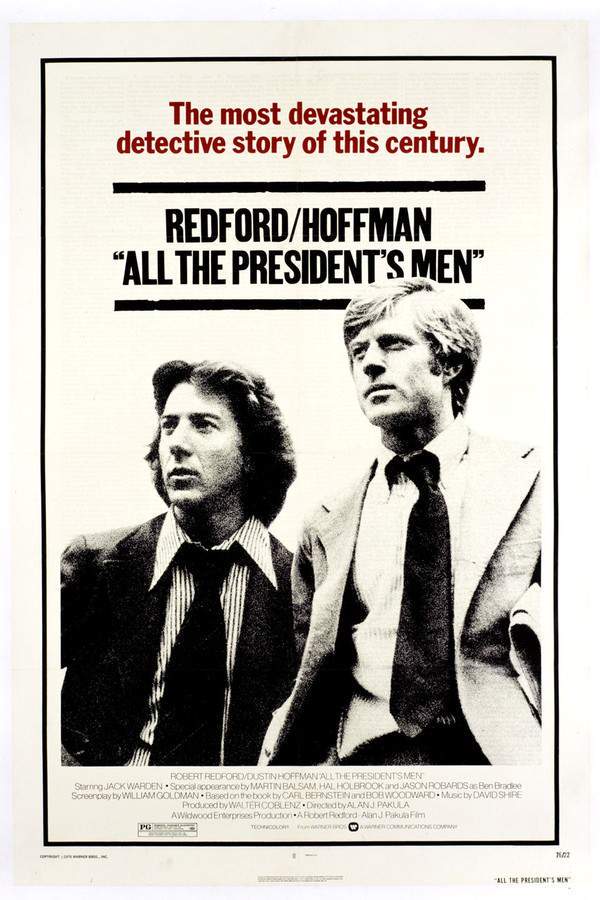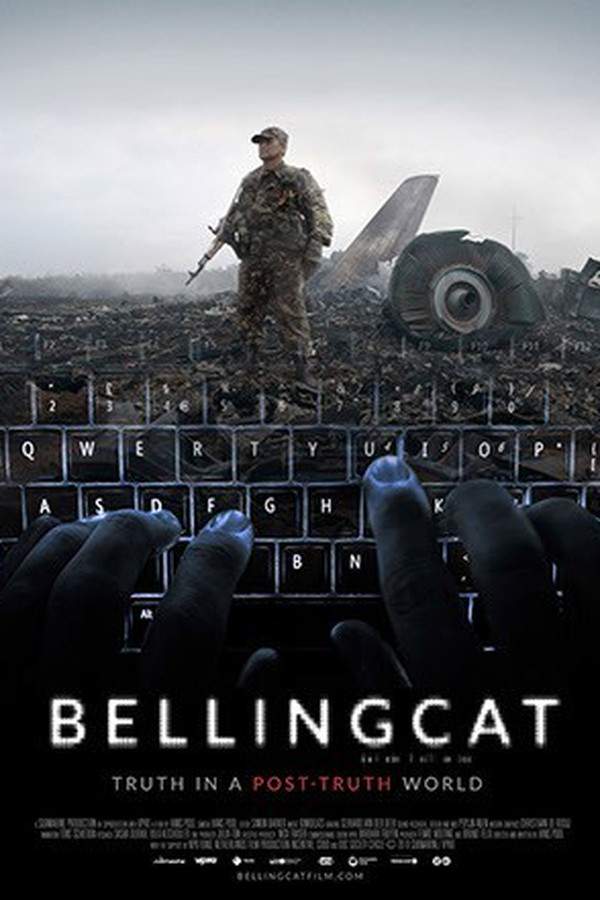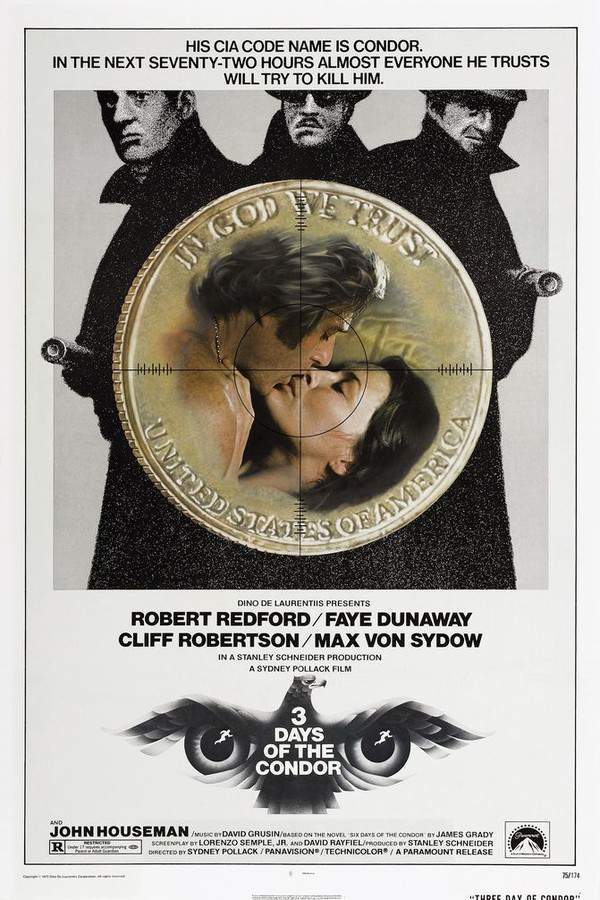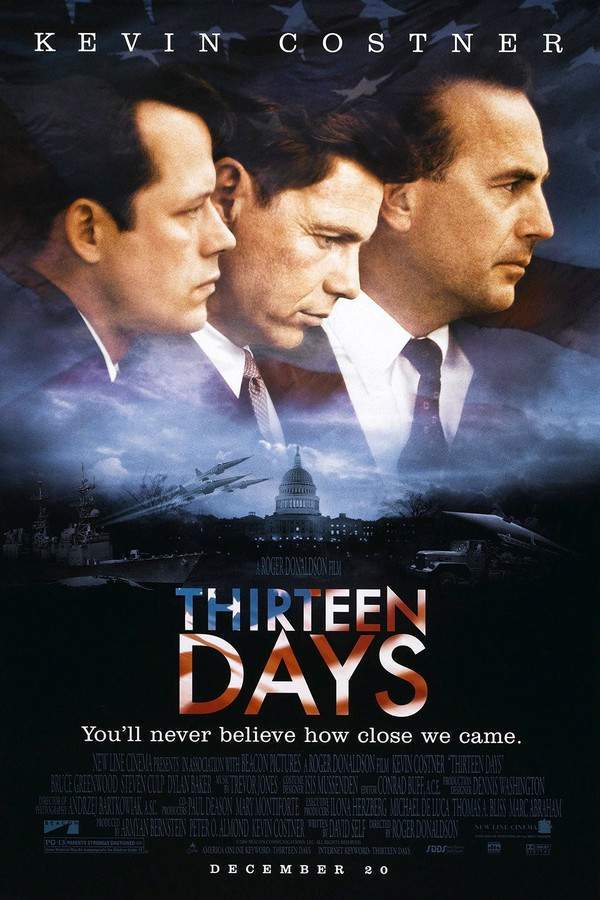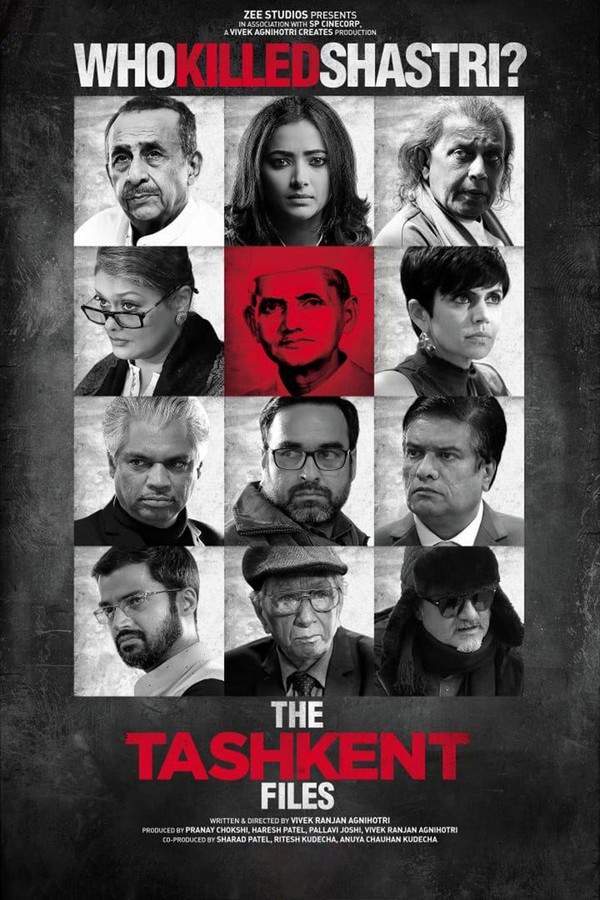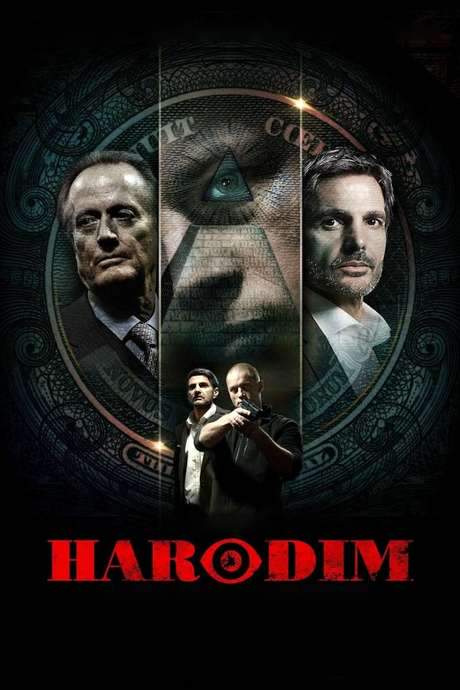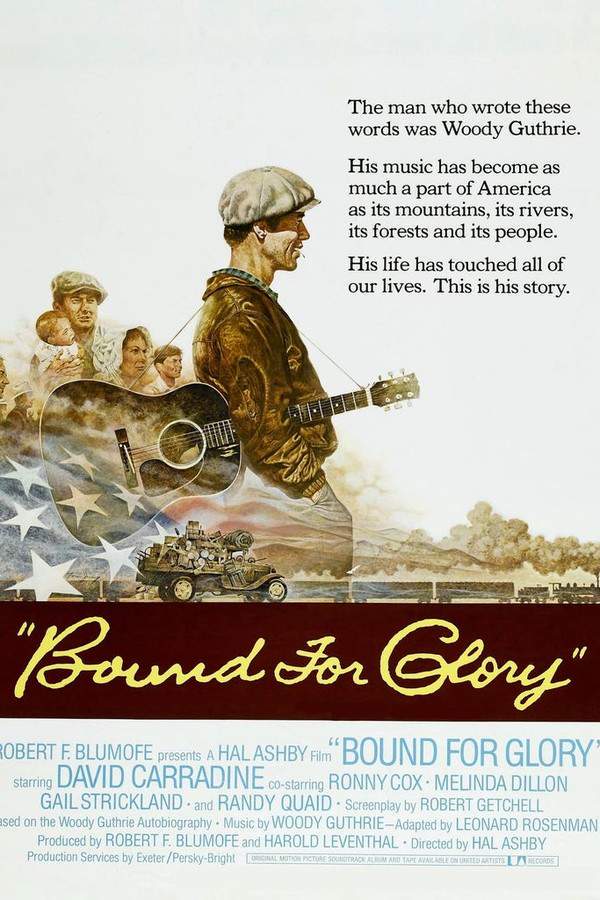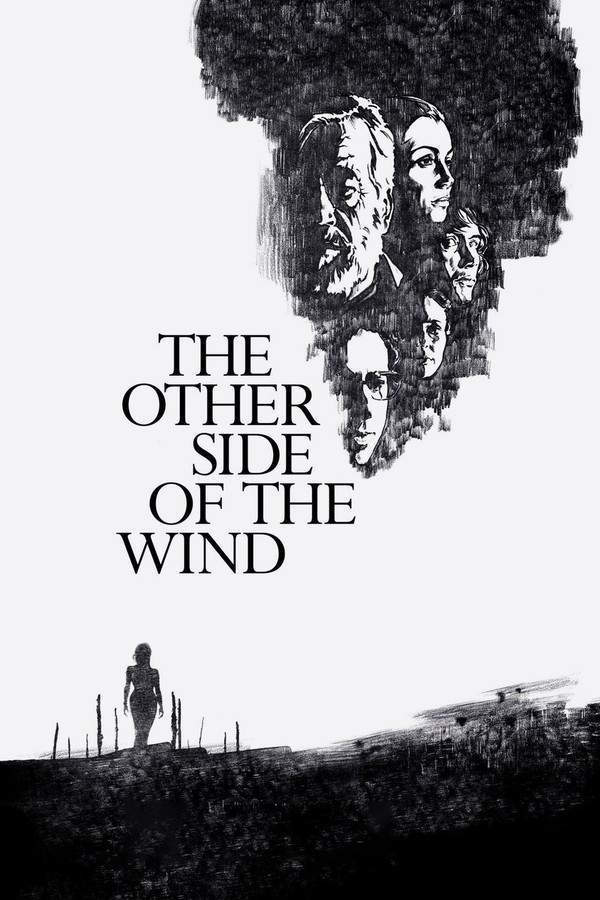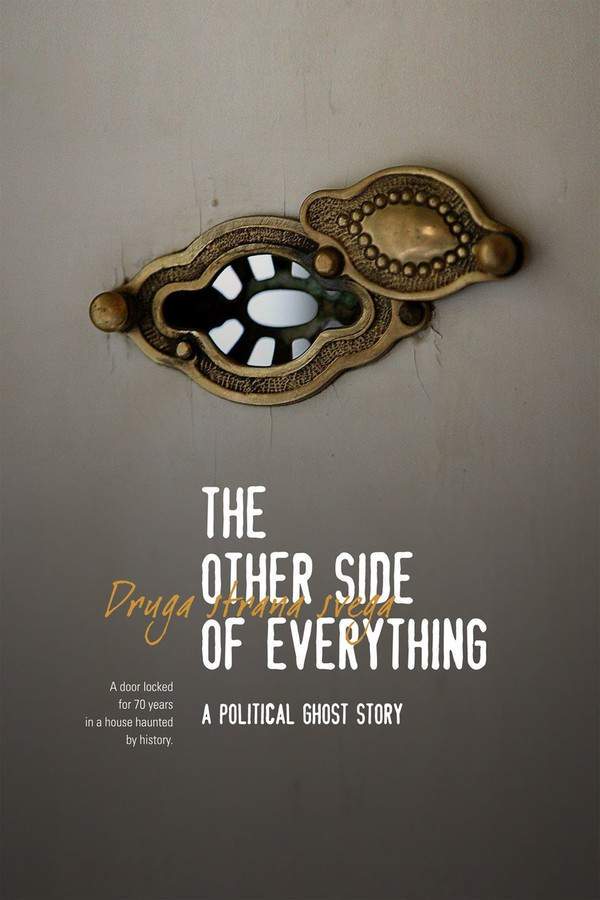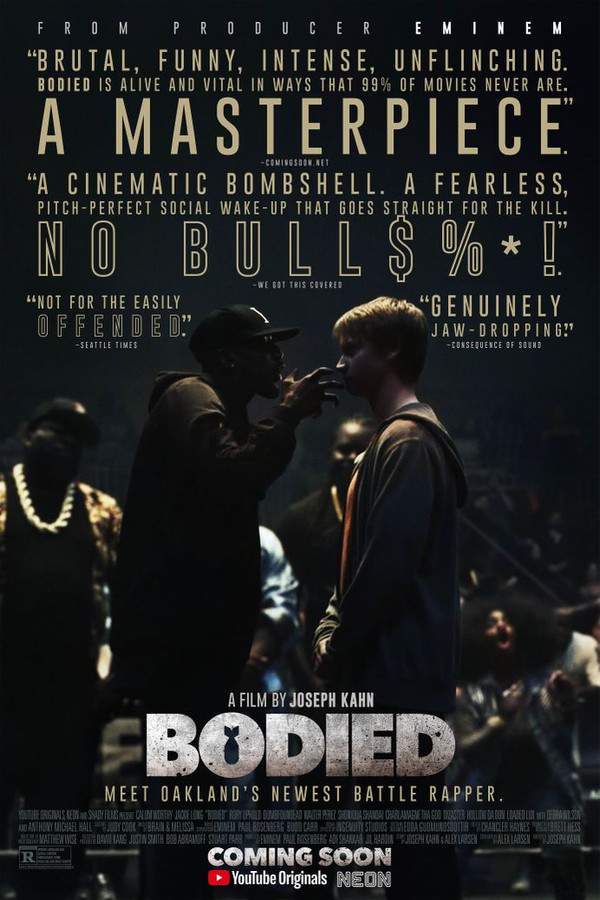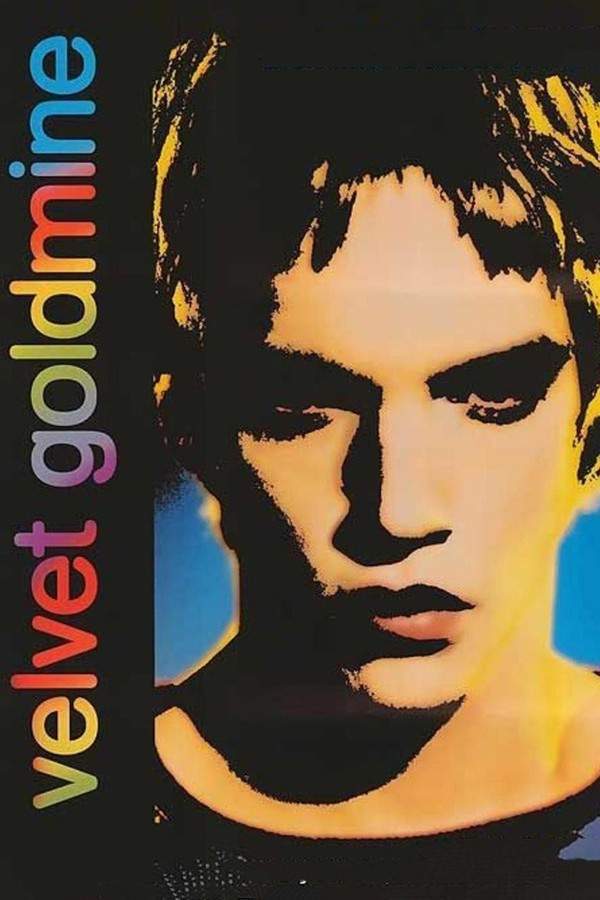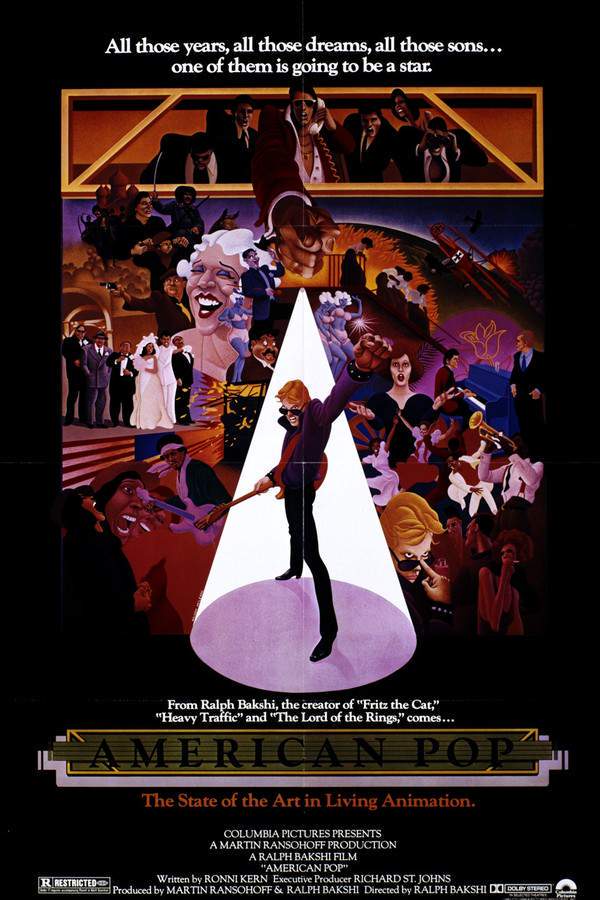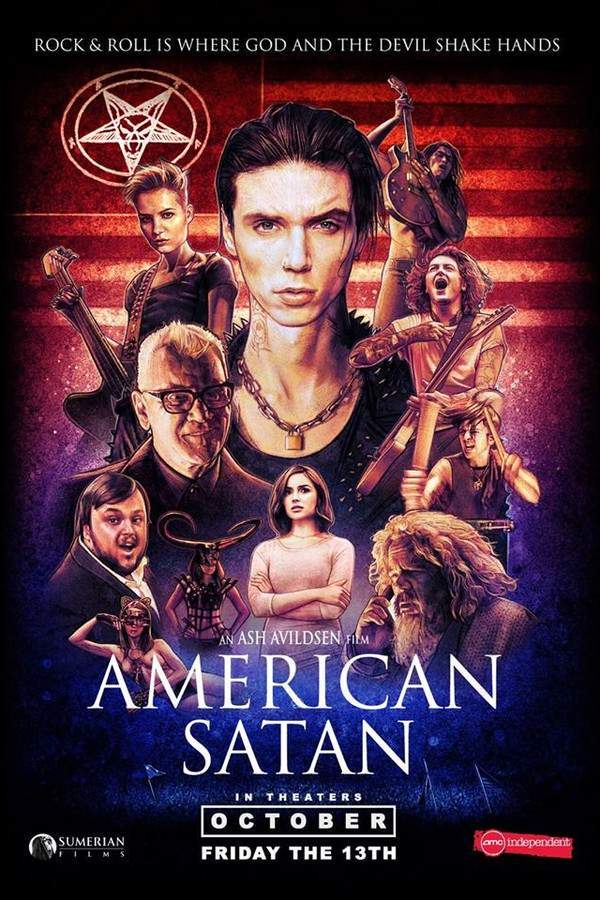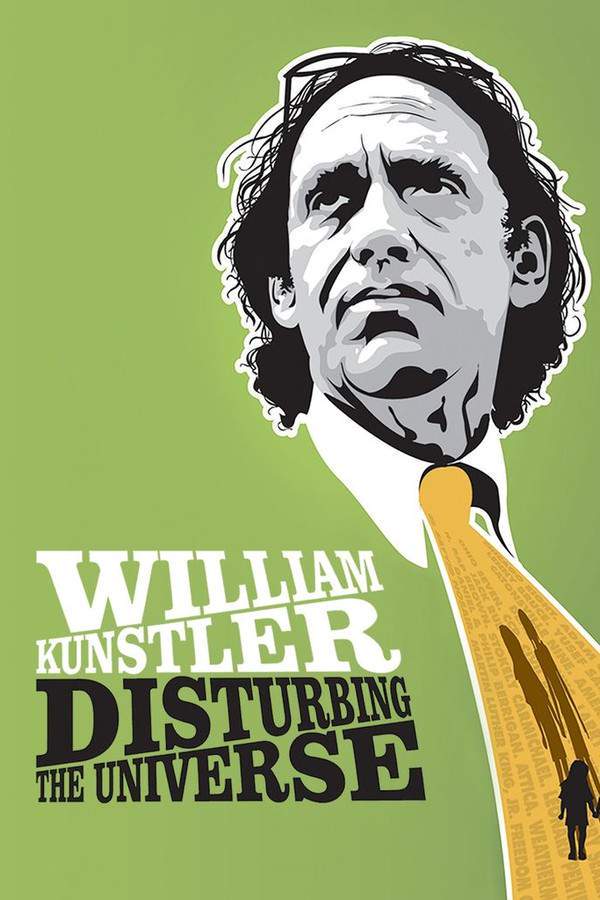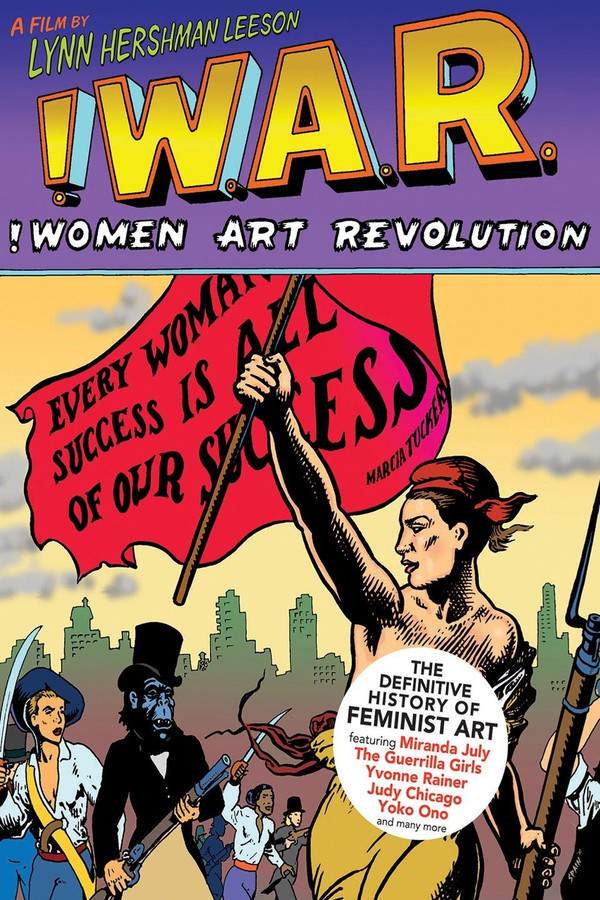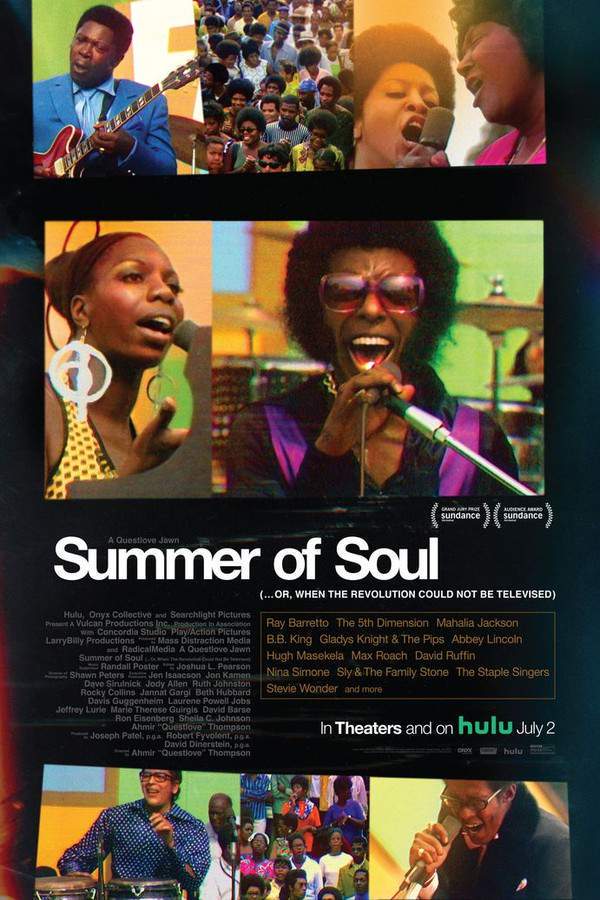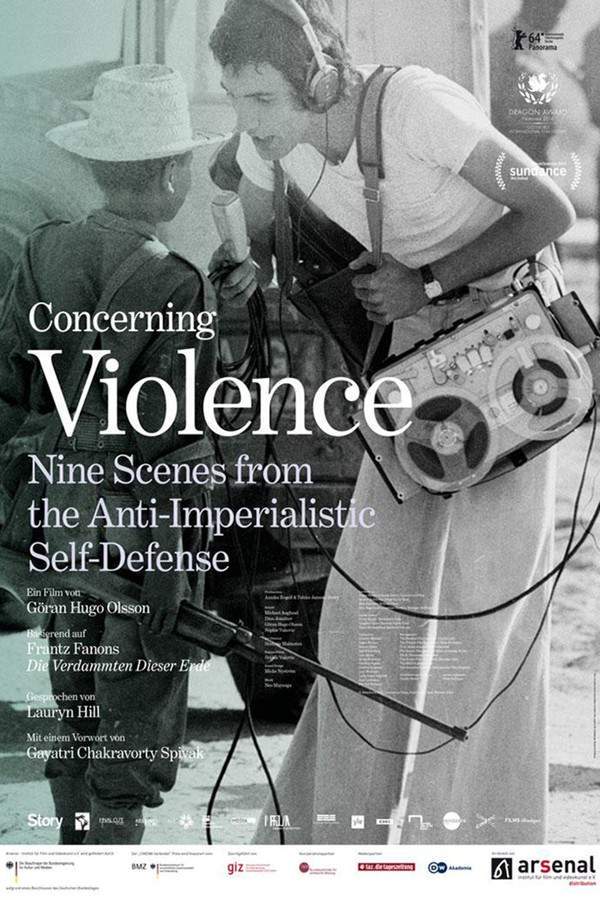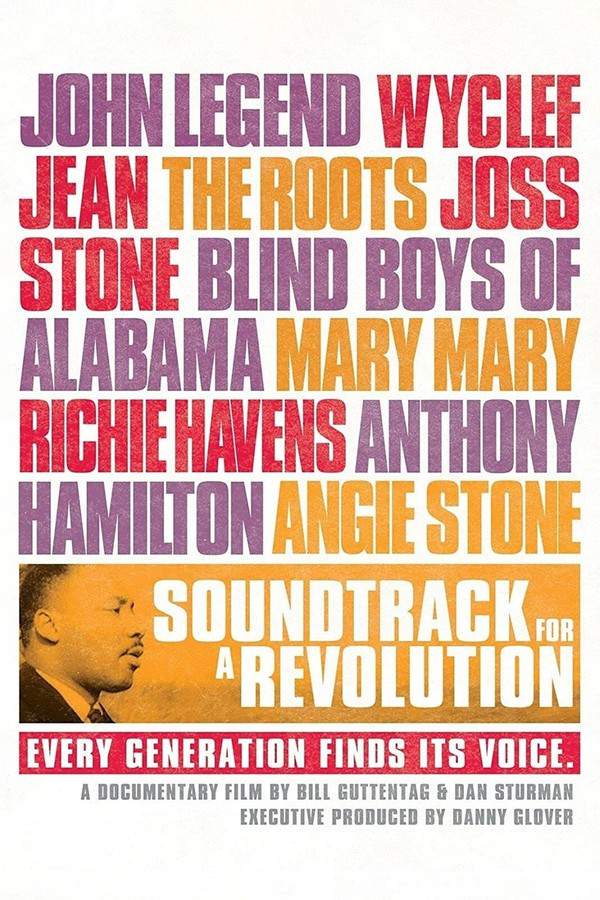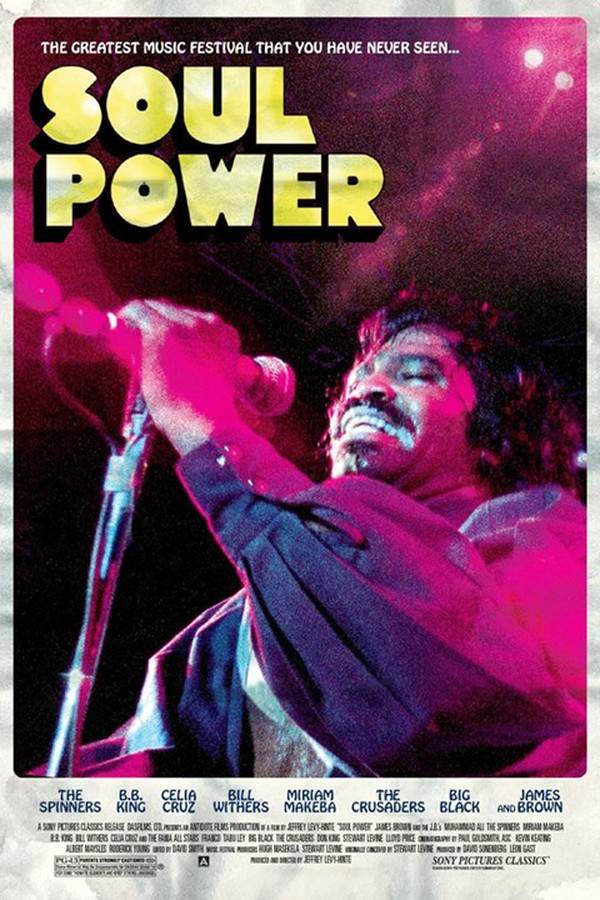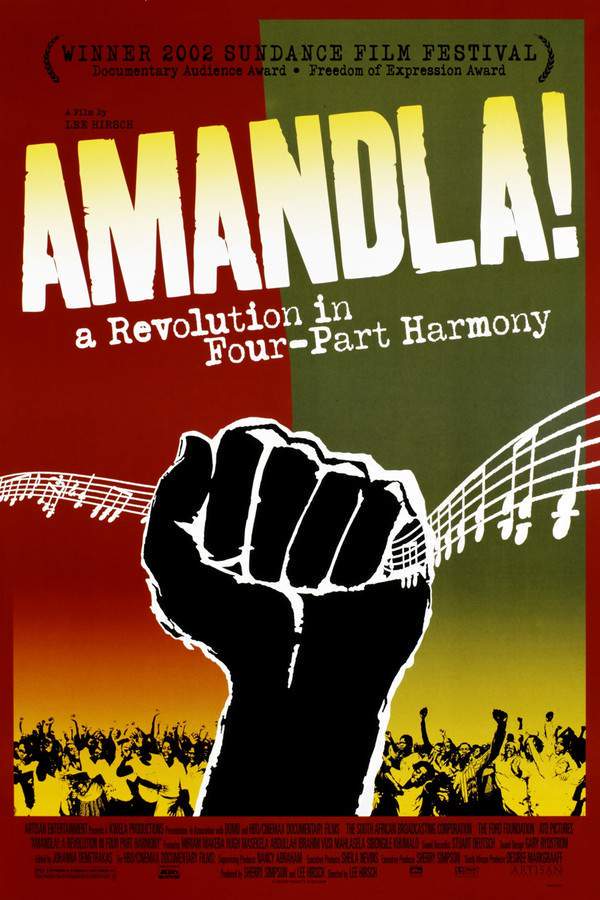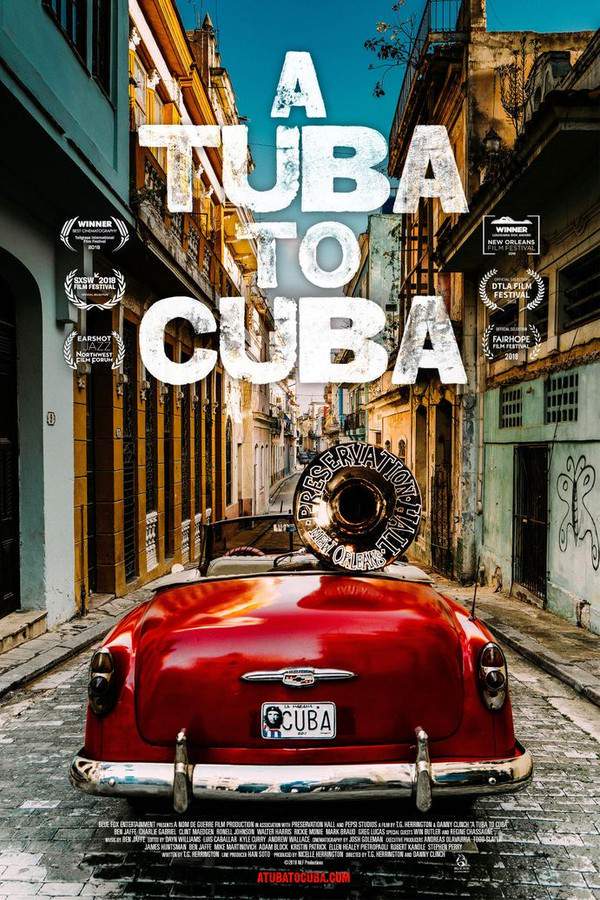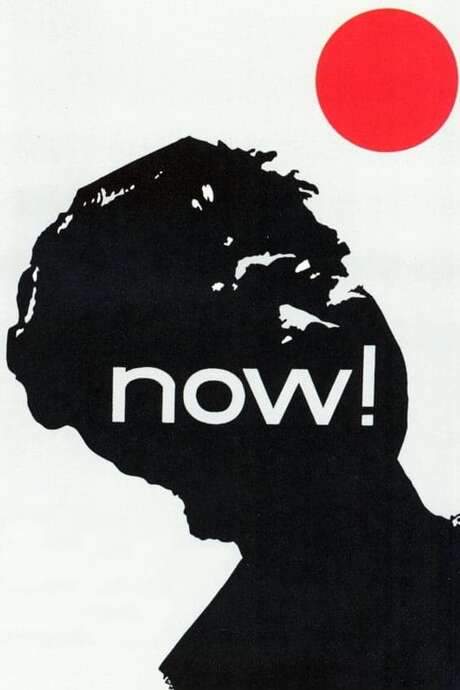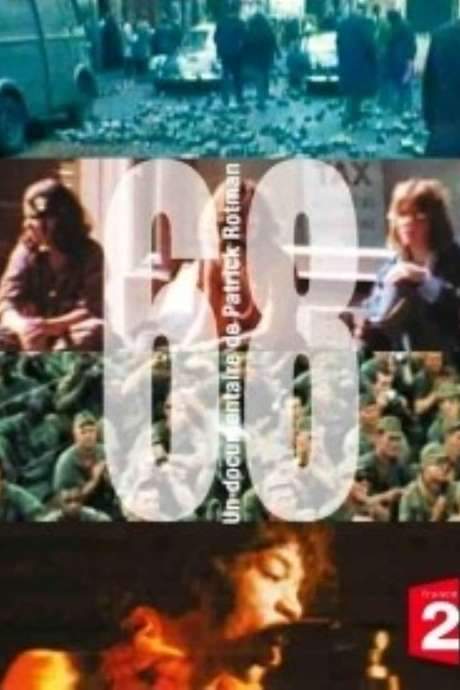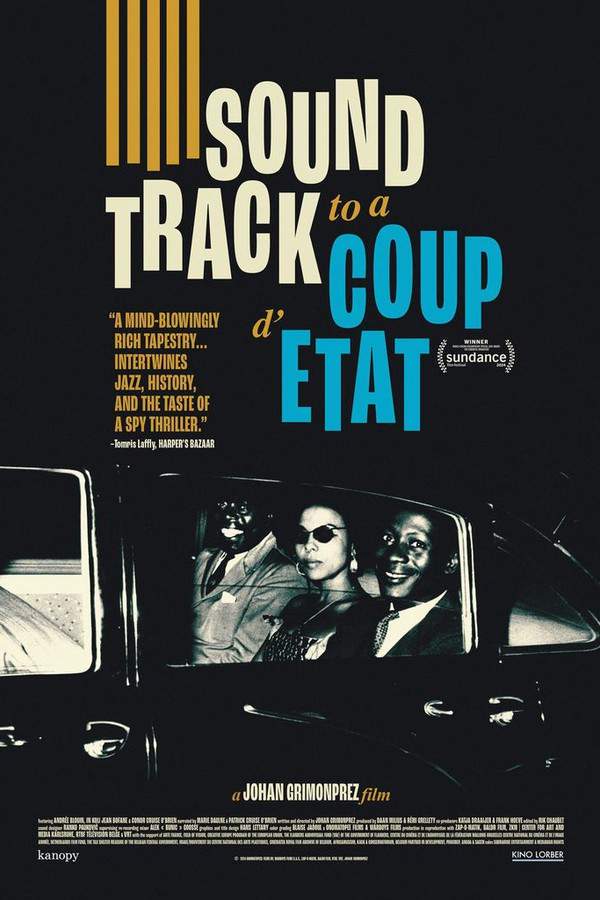
Soundtrack to a Coup d'Etat
In 1960, as the Global South experiences a political upheaval, jazz musicians Abbey Lincoln and Max Roach unexpectedly find themselves at the United Nations Security Council. Amidst Nikita Khrushchev’s dramatic protest against America’s segregation policies, the United States sends jazz ambassador Louis Armstrong to the Congo, hoping to divert focus from the country's first post-colonial coup.
Warning: spoilers below!
Haven’t seen Soundtrack to a Coup d'Etat yet? This summary contains major spoilers. Bookmark the page, watch the movie, and come back for the full breakdown. If you're ready, scroll on and relive the story!
Timeline & Setting – Soundtrack to a Coup d'Etat (2024)
Explore the full timeline and setting of Soundtrack to a Coup d'Etat (2024). Follow every major event in chronological order and see how the environment shapes the story, characters, and dramatic tension.
Last Updated: November 05, 2024 at 15:35
Main Characters – Soundtrack to a Coup d'Etat (2024)
Meet the key characters of Soundtrack to a Coup d'Etat (2024), with detailed profiles, motivations, and roles in the plot. Understand their emotional journeys and what they reveal about the film’s deeper themes.
Last Updated: November 05, 2024 at 15:35
Major Themes – Soundtrack to a Coup d'Etat (2024)
Explore the central themes of Soundtrack to a Coup d'Etat (2024), from psychological, social, and emotional dimensions to philosophical messages. Understand what the film is really saying beneath the surface.
Last Updated: November 05, 2024 at 15:35
Explore Movie Threads
Discover curated groups of movies connected by mood, themes, and story style. Browse collections built around emotion, atmosphere, and narrative focus to easily find films that match what you feel like watching right now.
Geopolitical thrillers like Soundtrack to a Coup d'Etat
Dramatic stories where global superpowers clash over covert operations.If you liked the high-stakes political intrigue of Soundtrack to a Coup d'Etat, explore more movies about covert operations, Cold War tensions, and the unsettling moral landscape of international power games. These films share a tense tone and a complex view of historical events.
Narrative Summary
Narratives in this thread often focus on pivotal historical moments, unraveling the complex web of alliances, betrayals, and intelligence operations between nations. They typically involve a central, morally conflicted figure caught between ideologies, revealing how individual actions are swept up in colossal geopolitical forces.
Why These Movies?
Movies are grouped here due to their shared focus on global conflict, the tense atmosphere of deception, and the exploration of how historical events are shaped by unseen political machinations. They create a feeling of urgent, conspiratorial dread.
Movies about artists and politics like Soundtrack to a Coup d'Etat
Stories where artists are caught in the crossfire of political agendas.For viewers who appreciated the conflict between jazz music and Cold War politics in Soundtrack to a Coup d'Etat, this section features films exploring how art and artists are used as pawns in political games, resulting in heavy emotional weight and morally complex journeys.
Narrative Summary
The narrative follows an artist or intellectual whose platform or talent becomes a tool for propaganda or soft power. The journey involves a growing awareness of this exploitation, leading to an internal crisis of conscience and a struggle to reclaim their art's purpose, often ending with a sense of bittersweet resolution.
Why These Movies?
These films are linked by their exploration of a specific moral conflict: the tension between artistic integrity and political necessity. They share a heavy emotional weight, a focus on historical context, and a tone that balances passion with a sense of betrayal.
Unlock the Full Story of Soundtrack to a Coup d'Etat
Don't stop at just watching — explore Soundtrack to a Coup d'Etat in full detail. From the complete plot summary and scene-by-scene timeline to character breakdowns, thematic analysis, and a deep dive into the ending — every page helps you truly understand what Soundtrack to a Coup d'Etat is all about. Plus, discover what's next after the movie.
Soundtrack to a Coup d'Etat Summary
Read a complete plot summary of Soundtrack to a Coup d'Etat, including all key story points, character arcs, and turning points. This in-depth recap is ideal for understanding the narrative structure or reviewing what happened in the movie.

Soundtrack to a Coup d'Etat Timeline
Track the full timeline of Soundtrack to a Coup d'Etat with every major event arranged chronologically. Perfect for decoding non-linear storytelling, flashbacks, or parallel narratives with a clear scene-by-scene breakdown.

Soundtrack to a Coup d'Etat Spoiler-Free Summary
Get a quick, spoiler-free overview of Soundtrack to a Coup d'Etat that covers the main plot points and key details without revealing any major twists or spoilers. Perfect for those who want to know what to expect before diving in.

More About Soundtrack to a Coup d'Etat
Visit What's After the Movie to explore more about Soundtrack to a Coup d'Etat: box office results, cast and crew info, production details, post-credit scenes, and external links — all in one place for movie fans and researchers.

Similar Movies to Soundtrack to a Coup d'Etat
Discover movies like Soundtrack to a Coup d'Etat that share similar genres, themes, and storytelling elements. Whether you’re drawn to the atmosphere, character arcs, or plot structure, these curated recommendations will help you explore more films you’ll love.
Explore More About Movie Soundtrack to a Coup d'Etat
Soundtrack to a Coup d'Etat (2024) Plot Summary & Movie Recap
Soundtrack to a Coup d'Etat (2024) Scene-by-Scene Movie Timeline
Soundtrack to a Coup d'Etat (2024) Spoiler-Free Summary & Key Flow
Movies Like Soundtrack to a Coup d'Etat – Similar Titles You’ll Enjoy
Summer of Soul (...Or, When the Revolution Could Not Be Televised) (2021) Film Overview & Timeline
Concerning Violence (2014) Spoiler-Packed Plot Recap
Soundtrack for a Revolution (2010) Film Overview & Timeline
Soul Power (2009) Story Summary & Characters
Amandla! A Revolution in Four Part Harmony (2003) Detailed Story Recap
A Tuba to Cuba (2019) Story Summary & Characters
The Jazz Ambassadors (2018) Spoiler-Packed Plot Recap
Ethiopiques: Revolt of the Soul (2017) Full Summary & Key Details
Imagine the Sound (1981) Detailed Story Recap
The Rumba Kings (2021) Spoiler-Packed Plot Recap
Soul to Soul (1971) Spoiler-Packed Plot Recap
Now! (1965) Film Overview & Timeline
The Cry of Jazz (1959) Full Movie Breakdown
Disco: Soundtrack of a Revolution (2023) Spoiler-Packed Plot Recap
68 (2008) Spoiler-Packed Plot Recap

